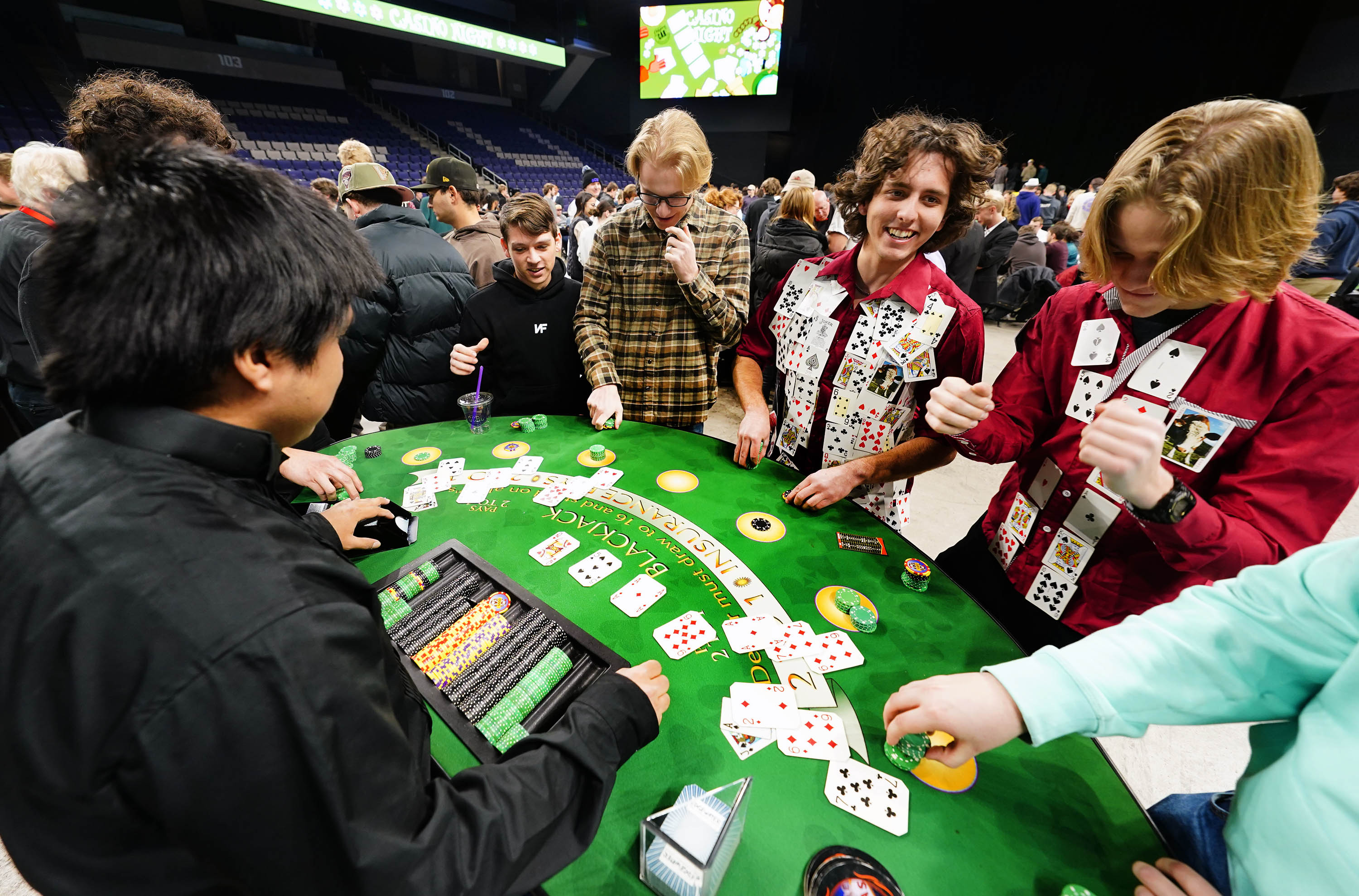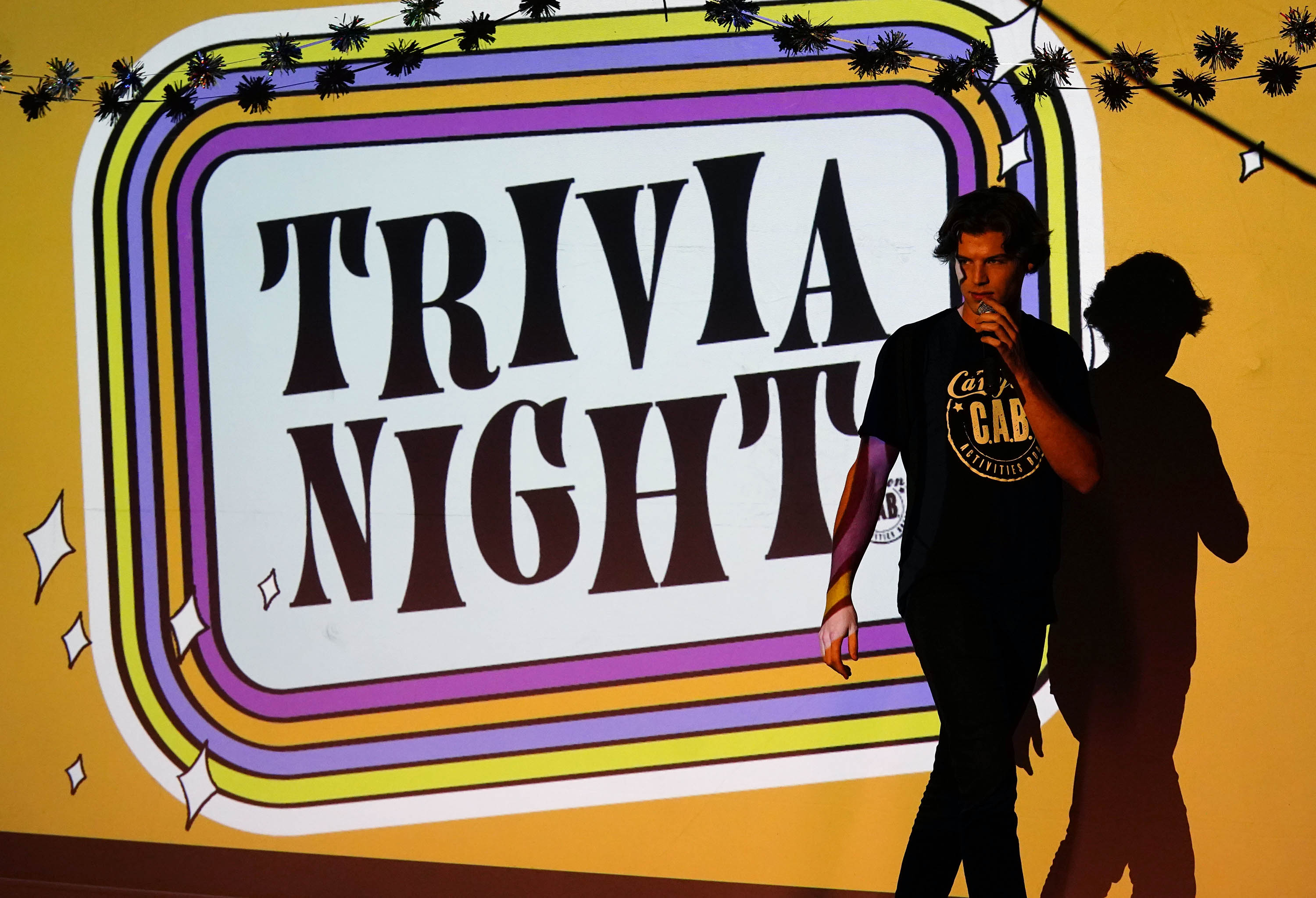
By Mike Kilen
GCU News Bureau
Argument is what they do for fun.
But it’s the way you argue that is the difference between civil discourse and a discussion that can turn into hurtful, personal attacks, members of the Grand Canyon University Speech and Debate team said.
A panel of five from the team led a town hall on civil discourse on Wednesday at Ethington Theatre, part of GCU’s year-long effort to explore the topic and set good examples leading up to the presidential election.
Speech and Debate is all about expressing viewpoints.
Monee Eaton said it’s important not to shy away from discussion on issues, especially in times often described as rancorous and partisan, on the same day impeachment hearings commenced in Washington, D.C.
“I love talking about things that are controversial,” she said. “Not talking about something doesn’t make it go away. Often, we shy away from topics that scare us. It’s important to still engage in those topics.”
Eaton, a sophomore, said the most important thing to remember is this:
“If you go into civil discourse as an argument to be won, then you have already lost. Civil discourse is about engaging your audience in discussion, even if you disagree with it. The minute you try to discredit them with personal attacks, you have already lost.”
It doesn’t mean you always agree, the panel members said. But it's important to listen.
“You’ve got to listen to what others are saying, other than just waiting for your opportunity to speak,” said Nick Rilea, a Debate team member.
When you don’t listen and instead think of a good way to disprove their argument, “you forfeit all opportunity to learn from them,” he added.
If they say something you disagree with, they might just be right.
“It’s important to accept you don’t know everything,” said Debate team member Joseph Madere. “And knowingly accept feedback.”
You might just be wrong, and it’s OK to admit that.
“That allows you to self-reflect, and it allows you to take criticism,” Rilea said. “If you aren’t able to do that you are not going to be a successful communicator.”
Competition experience has helped them be more patient in discourse with friends and family, team members said, and allowed them to separate the source from the facts.
Knowing the facts and understanding what is happening in the news are important.
“But it’s important to provide solutions,” said Lauren Geiser, of the Speech team. “It’s also important to question but still be respectful.”

The comments after her speeches can lead to a change of mind or a new perspective.
That’s a word that kept arising among the students. Different perspectives can lead to understanding -- in a civil debate.
“Debate has actually made me less argumentative than I was before,” Rilea said. “Honestly, it’s made me more humble.”
Michael Dvorak, Director of Forensics, said a couple of items to take away from the event can lead to more civil discourse: “On the speech side it’s about supporting your arguments, and on the debate side it’s all about taking away your preconceived notions so you can listen to what is happening around you.”
Student Taiya Lemke said she learned a lot from attending Wednesday’s town hall.
“Mostly, the importance of understanding other people’s perspective,” she said.
Grand Canyon University senior writer Mike Kilen can be reached at [email protected] or at 602-639-6764.




































